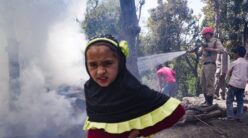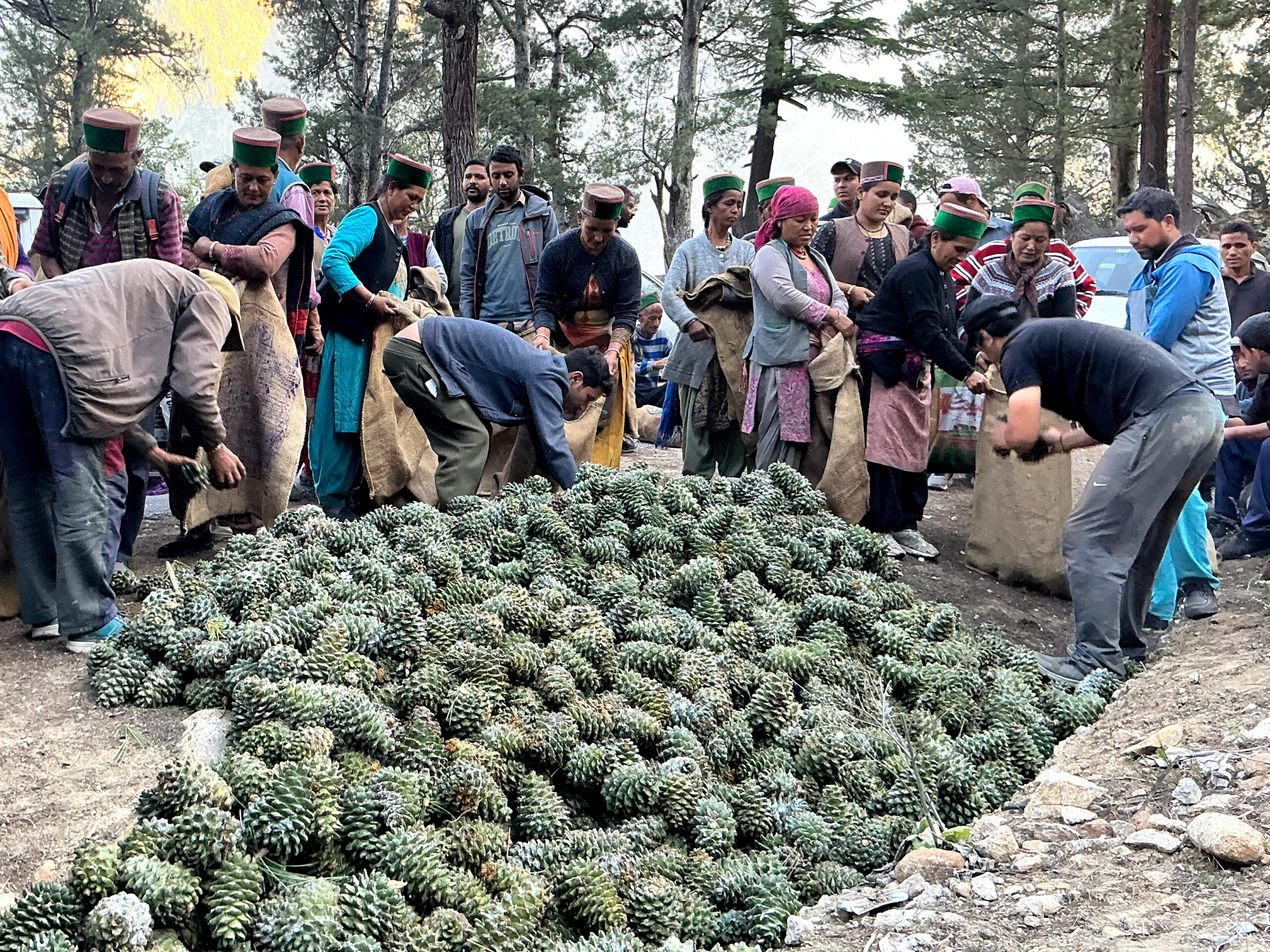In the era of corporate scams, Himachal Pradesh, had its own little one. Not so little however, if we look at the size and budget of the state. News of a Delhi-based businessman Rakesh Sharma, who had set up a refined noble alloys (alloys made of gold, palladium and silver) manufacturing unit Indian Technomac Company Limited at Majra, Paonta Sahib in Sirmaur district in 2009, being involved in sales tax, income tax and excise duty evasion estimated to be around Rs 3,000 crore, has been doing the rounds. A report by India today, carried a couple of days ago revealed,” The scam first came to the light in 2014 when the economic investigation unit of state excise and taxation department found sudden rise in company’s turnover… Sources also said that the accused Rakesh Sharma masterminded the tax scam in connivance with the help of Himachal Pradesh government officials who failed to recover the sales and excise tax amount during the past four years.”.
This is not the first time such connivance has come to light. In 2012 the Himachal High Court had ordered the setting up of a Special Investigation Team for inquiry into the role of government officials in construction of a thermal power plant in Nalagarh by illegal means by the Jaypee group, flouting several environmental norms. Well, the Technomac case too is not just about a financial bungle. Technomac or ITCOL as it is known, in 2009 took up a sick unit in Paonta Sahin Sirmaur to set a ferro alloy and a 10 MW captive thermal power plant, right in the middle of Melion village (Majra) adjacent to farms, homes and right opposite a school. In 2012, Babar Khan, a local resident, whose farm and home is located to the unit, approached the National Green Tribunal to get relief from the serious health and environmental impacts caused by the factory. THE NGT had ordered a round of joint inspections after objections were filed about the initial inspections by Babar Khan with support from our group (Himdhara Collective).


The first question that we asked when we went to the village was about the siting. This is not the first time that we have come across flouting of siting guidelines for Red and Orange Category industries. Such polluting units cannot be set up so close to residential buildings and schools but this is happening all over Paonta and in the BBN Industrial area.
The key concerns raised by Babar Khan in his petition and the objections were
- Effluent/waste water from the factory premises constantly entering his fields. His land being low lying, was getting logged as the drainage of water during the monsoons was disturbed because of the factory construction. The Pollution Conteol Board inspection reports did not find this water toxic. Shortcoming of the water sampling by the PCB was brought up with the NGT. The water samples did not detect hexavalent chromium for a plant that was producing ferro chrome. An independent sampling done by the Dehradun People’s Science Institute however had revealed not just traces of the carcinogen hexavalent chromium in some samples, while it was above permissible limits in some others.
- The locals were also concerned about the contamination and extraction of Ground water. The plant requirement of water was 400 KL/day. But the Inspection team (of scientists) did not look into this aspect at all. There was no mention in any of the document whether requisite persmissions from the HP ground Water Authority had been sought by Technomac for extraction of groundwater.
- The submissions made to court also raised the violation of Hazardous Waste rules in the open dumping of toxic sludge near farms
The NGT summoned the HPPCB Chairman in response to the objections filed on a Joint Inspection Report submitted by the HPPCB in the NGT in April 2013. After this the NGT ordered an Expert Committee to inspect the site and suggest compliance and operate to full capacity for a period of three months before the next inspection in September 2014. However, the plant by this time was not able to operate to full capacity perhaps due to the financial trouble that it was in. Meanwhile, the toxic sludge and other hazardous waste continued to lie in the open in the factory premises. “We saw heavy rains in the monsoon of 2016 and all the toxic water from the unit flooded our fields”, adds Babar Khan.


The Technomac case is not just about the complete failure of financial regulation but also the failure of all kinds of governance, especially environmental and social. If the officials are not brought to account, these incidents are only going to become more frequent in the state.
From the Environment clearance letter dated 2nd Dec 2009 it was clear that the capacity of the plant after expansion would be 46,800 TPA. As per the EIA notification 2006 (Annexure 3), this is a Metallurgical Industry with a capacity of more than 20000 TPA and therefore a Category A project. It is therefore not under the jurisdiction of the State Environment Impact Assessment Authority and the project proponents should have approached the Union Ministry of Environment and Forests for Environment Clearance instead. Not only did the State Environment Appraisal Committee in its 5th meeting dated 26th May 2009 failed to place the project in Category A, which it should have done, but it also granted Technomac exemption from the mandatory ‘Public Hearing’ required for the plant. A public hearing would have given locals an opportunity to raise their objections atleast. This was also an oversight by the State Pollution Control Board as well. The Board additionally has been pathetic at monitoring of pollution norms. There needs to be an independent audit of the functioning of the PCB, SEIAA and SEAC (the environment requlatory agencies at the State level).
But the key issue of the story of Rakesh Sharma’s ITCOL, is how, all costs be they financial, environmental and social, are being paid by us, the common people of the state.
A report by Manshi Asher and Sumit Mahar






